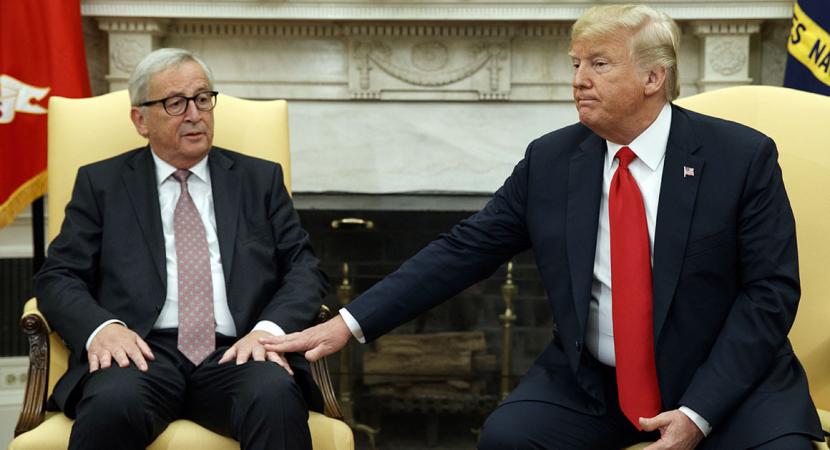In a strategic decision aimed at easing global economic tensions, President Donald Trump announced on Sunday the postponement of a planned 50% tariff on European Union imports. The new deadline for the potential implementation of these tariffs is set for July 9, providing a window for continued trade negotiations between the United States and the EU.
The announcement has been met with cautious optimism from international markets, with U.S. futures experiencing an uptick while Asian shares showed a slight decline. Analysts suggest that the delay may offer a temporary reprieve for industries on both sides of the Atlantic that would be affected by the tariffs.
President Trump's decision appears to be a response to ongoing discussions with EU leaders, who have expressed concerns over the potential economic fallout of such tariffs. The extension allows for further dialogue aimed at reaching a mutually beneficial trade agreement.
This development is particularly significant given the current global economic climate, marked by inflationary pressures and supply chain disruptions. The postponement of the tariffs may help to stabilize markets and provide businesses with a degree of certainty in the short term.
As the new deadline approaches, stakeholders will be closely monitoring the progress of U.S.-EU trade talks, with the hope that a resolution can be reached that avoids the imposition of steep tariffs and fosters stronger economic ties between the two entities.

